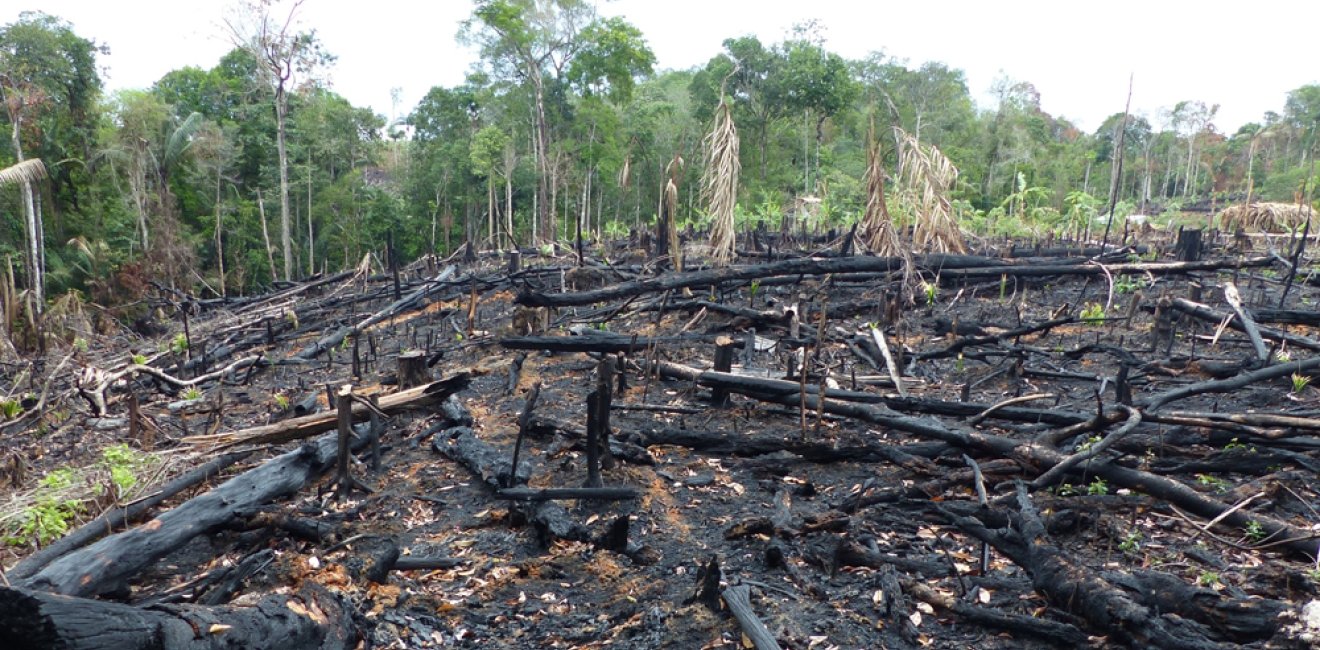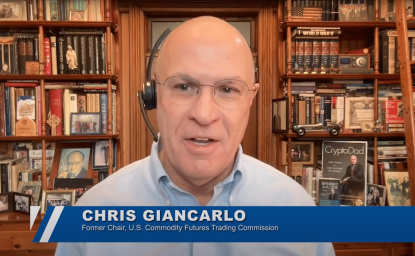On the Horizon 2021 | Brazil
Here are three things to watch in Brazil in 2021.
Here are three things to watch in Brazil in 2021.

As world leaders congratulated President-elect Biden and made plans to work with his administration, one conspicuous holdout remained: President Jair Bolsonaro of Brazil. When Bolsonaro at last tweeted his congratulations on December 15, the message was short and cordial—an essential first step for pragmatic Brazil-US relations. While genuine interest in making the relationship work exists in the new administration, Bolsonaro’s past support for Trump and questioning of the legitimacy of the U.S .election will not be forgotten. And other challenges exist. Climate change is a key bilateral priority for the incoming administration, bringing potential for significant tensions. Engagement between Biden and Bolsonaro on deforestation and other climate issues may create space for continued collaboration in areas where progress was made under President Trump, including trade and COVID-19. The risk? Disagreements over climate change will prove an insurmountable roadblock.
Deforestation in Brazil hit a 12-year record in 2020, up 9.5 percent compared to the previous year. Government officials see this as progress, since the rate of increase has slowed. (Deforestation rose 34 percent in 2019, as compared to 2018.) Yet many in Brazil and around the world remain highly concerned, particularly given its importance to the climate debate. Pressure campaigns from stakeholders (including the EU, private investors, and even former Brazilian finance ministers) have pushed the Bolsonaro government to take the issue seriously. But some critics are threatening to take sterner action, including divestment, an end to the Mercosur-EU trade deal, and embargos on certain agricultural goods. These efforts will receive a boost on January 20th when the Biden administration takes office and realigns the United States with global climate efforts. This significant shift in U.S. priorities will leave Brazil increasingly isolated as the most conspicuous outlier in the global climate agenda.
The COVID-19 pandemic slammed into a Brazilian economy already barely recovering from the severe recession of 2015-2016. Amid shelter-in-place orders and widespread shutdowns, GDP contracted 11.4 percent in the second quarter compared to 2019—a record decline. Stimulus measures largely protected the economy from further shocks, and even prompted an economic rebound in the second half of 2020. Yet these gains are fragile. Brazil has largely given up on controlling a coronavirus spread which has claimed nearly 200,000 Brazilian lives to date, and the nation’s COVID-19 vaccine rollout is polarized and chaotic. In the meantime, millions of households will see incomes fall as an emergency cash transfer program ends. And Brazil’s rising national debt and need for foreign investment will create pressure on policymakers to cut spending and refocus on economic reform. It is a challenging combination, even under better circumstances. The crisis is far from over in Brazil.




The Brazil Institute—the only country-specific policy institution focused on Brazil in Washington—aims to deepen understanding of Brazil’s complex landscape and strengthen relations between Brazilian and US institutions across all sectors. Read more


